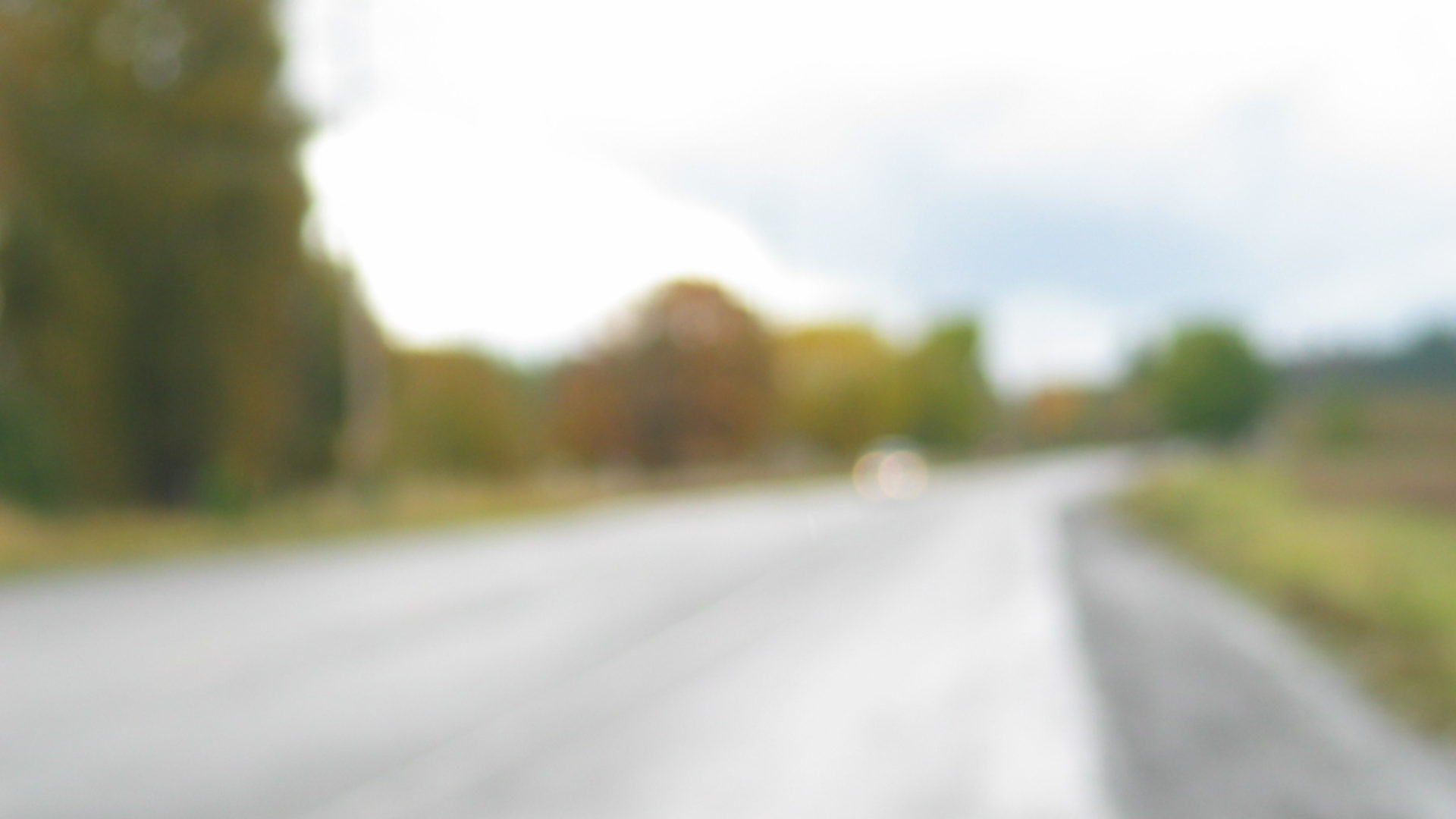Listened to Elizabeth Kolbert’s The Sixth Extinction while working out by the snag clearing blackberries and horsetail. At some point she suggests that you look out at your yard and imagine it with only fifty percent of all the plants you see. This is approximately where we are headed in a moderate climate change scenario. I thought: I don’t even know what plants are here, how would I know if they were gone? I can name only a few of the species in our yard. Most only by their common names, and some of those I am trying to eradicate. Part of me believes that I should try to know this piece of land as deeply as possible and in that way I will come to understand everything else. And if not everything else, than at least this one piece of land. Another part of me is simply not methodically inquisitive enough for this philosophy. I like to know things. I like to know practical things. I like to know the names and habits of things. I like to know a place deeply, but not necessarily deliberately. I like the way I know Tahoe—the way it smells before a storm and after a storm, how snow sounds in the dark, the way sand smells, the names of plants and where they grow and what they indicate…. I like the way I know Maine—the sounds of the house, the sound of the tide coming in and the tide going out, the smell of May and the smell of October, the light on the field after nine o’clock in June, how it feels to jump off the dock after mowing the lawn. I know these places because I grew up in them. They are in me. Can I know another place as well? I do not feel I know Olympia this way, and I am not of the nature to endeavor deliberately to cultivate a relationship. I lack curiosity. I have wonder, but I am not hungry to know why things happen. I may be past the age when I will be able to remember plant names. I may be too anxious, now, to absorb my environment simply by being in it. And so what will I miss? What plants and animals will disappear from my backyard without me even noticing? Perhaps I should push myself to an inventory, to a naturalist’s daily observations of temperature and light and animal events. In it, would I note when the neighbors mow? When I find another bottle or a needle in the hedge? Do I mention the constant freeway noise? Will these things be important someday? Or just the sapsucker in the snag, the jays who have been gone for a while but were outside the bedroom window this morning, the white spider eating a honeybee in the hydrangea, the weed in the rock pile that is much taller than I am, the length of the spikes on the plum tree in the side yard, the broken branch in the purple plum tree, the opossum who we haven’t seen for ten days…. What gets noticed has the chance of being missed.
